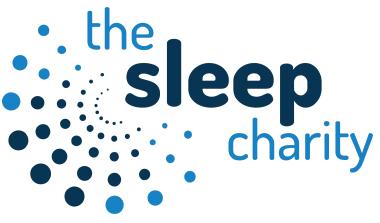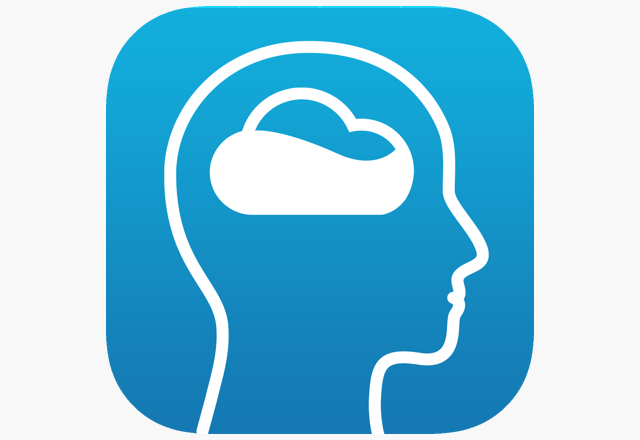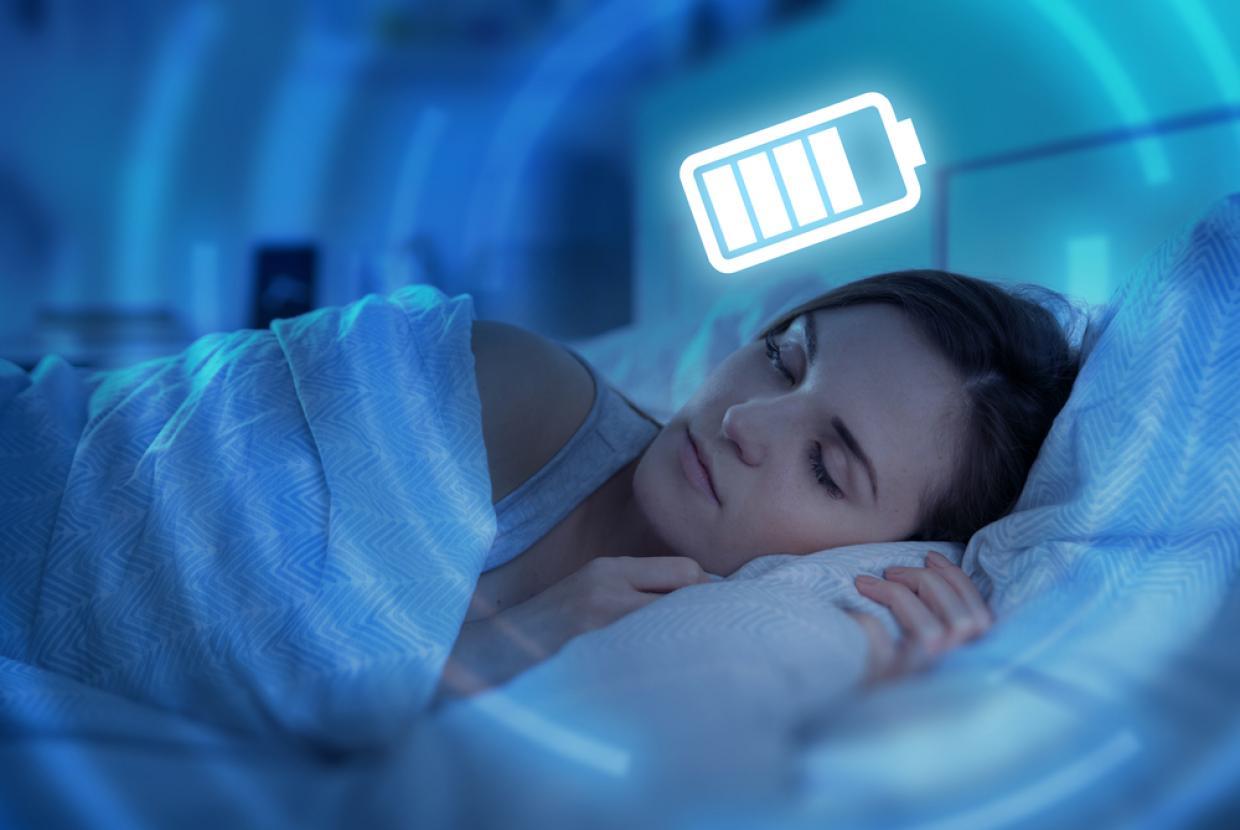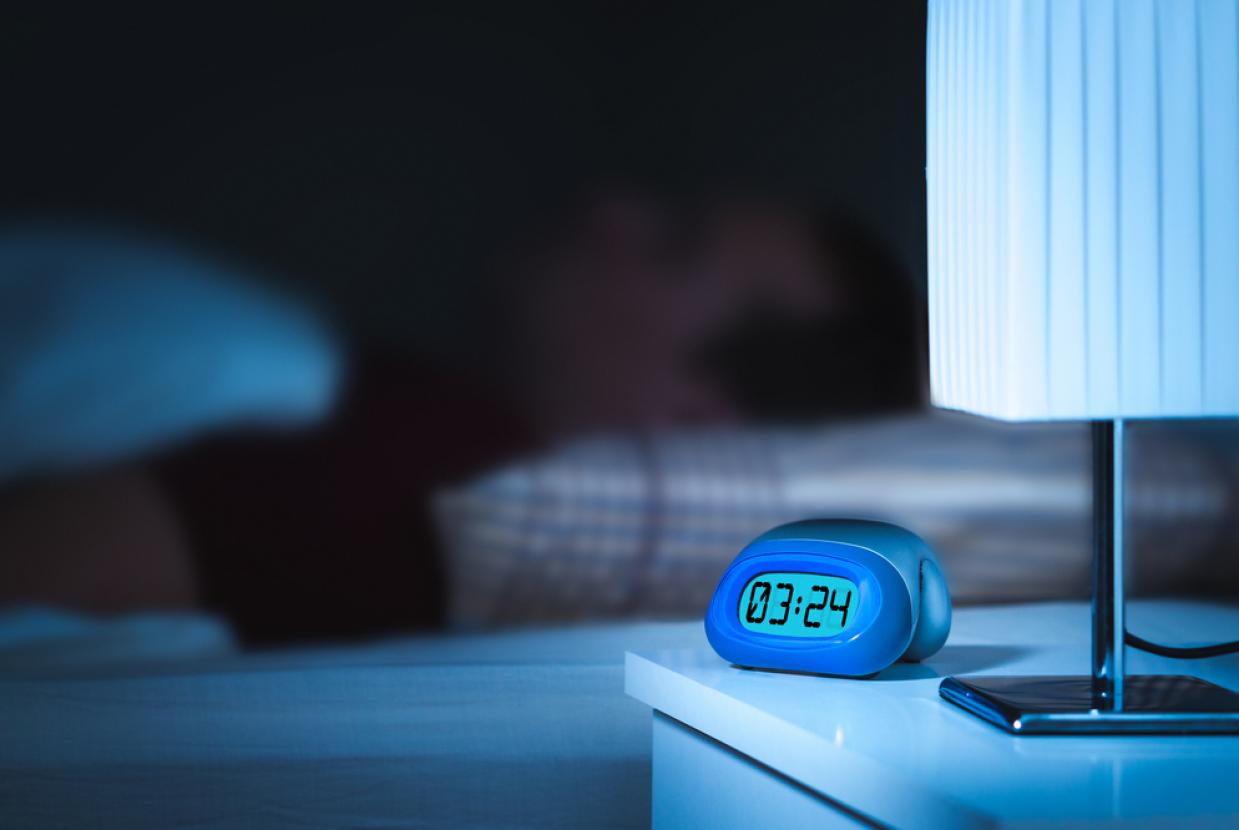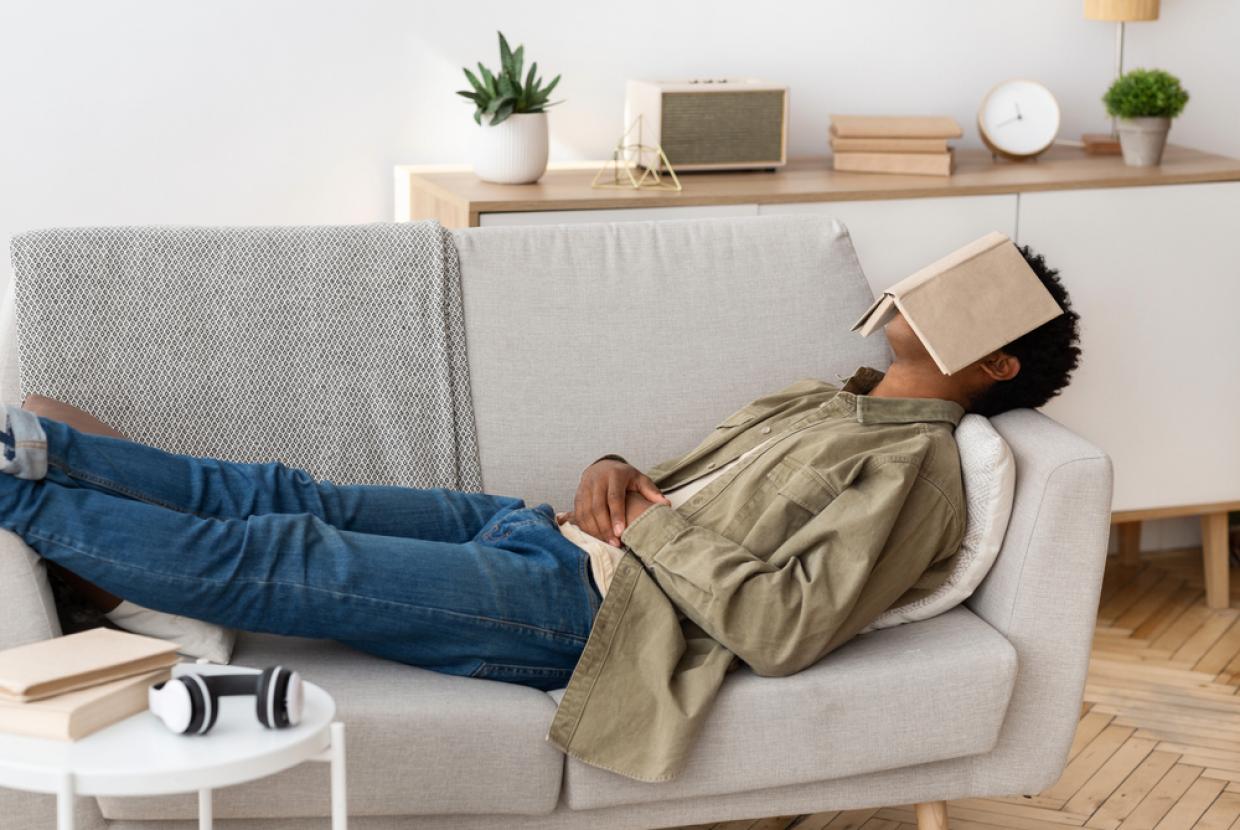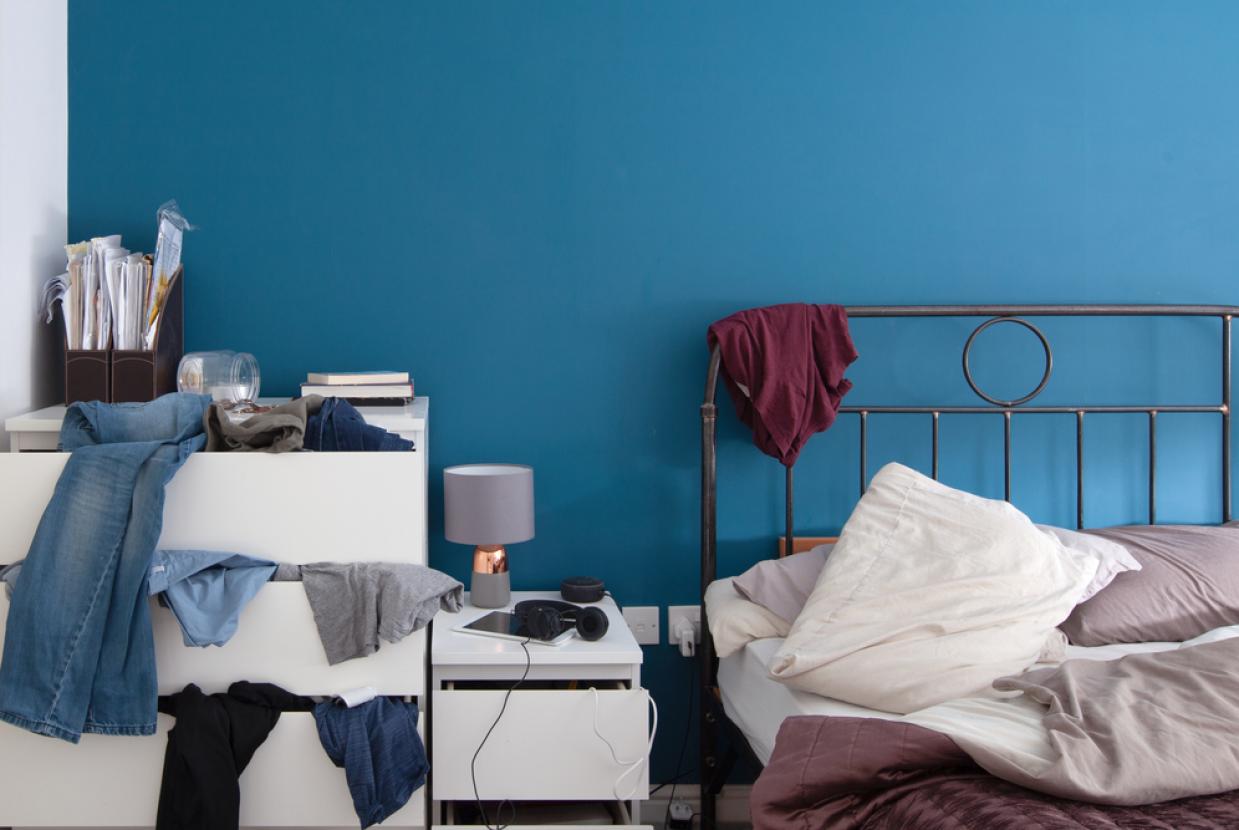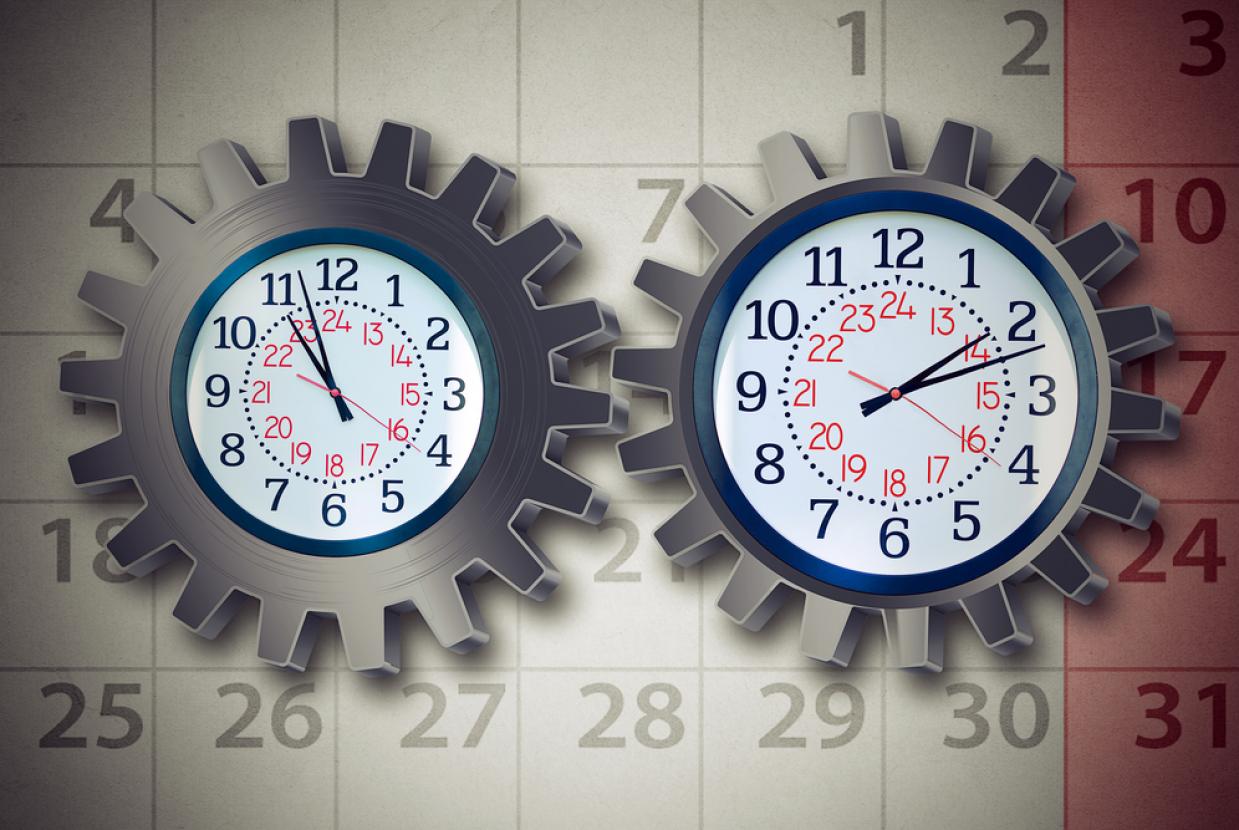Sleep & Exam Stress
Sleeping Better / Family HealthWe know the pressure is on during exam season – timetables are packed, notes are everywhere, and your brain is juggling more facts than ever. With so much pressure, it can be tempting to burn the candle at both ends and swap sleep for revision. The problem is: skipping sleep to study might actually hurt your performance instead of helping it.
Here are some tips to protect your sleep (and your sanity) during exam season:
Sleep and Stress: A Two-Way Street
Stress and sleep are closely connected. When you’re stressed, your body produces more cortisol (the stress hormone), which can make it harder to fall asleep or stay asleep. On the flip side, not getting enough sleep increases stress levels. It’s like a bad feedback loop – and it can spiral quickly if you’re not careful.
Good sleep helps regulate your mood, reduces anxiety, and improves focus. It’s one of the most powerful tools you have for managing stress. Think of it as emotional first aid for your brain.
Late-Night Revision: Is It Worth It?
We understand – cramming feels productive. But pulling all-nighters or sleeping just a few hours can seriously mess with how your brain works. Here’s what happens when you cut back on sleep to study:
- Memory gets worse: Sleep is when your brain sorts and stores what you’ve learned. Without it, you’re more likely to forget things during the exam.
- Focus drops: Tired brains are easily distracted and struggle to concentrate.
- Mood takes a hit: Sleep-deprived teens are more irritable and anxious – definitely not ideal before a big test.
- Reaction times slow down: You might miss key details or make careless mistakes.
Staying up late to revise can backfire. You’re better off getting a solid night’s sleep.
How to Get the Sleep You Need (Even During Exams)
You don’t need perfect sleep – just better sleep. Here’s how to make it happen:
Stick to a schedule
Try to go to bed and wake up at the same time every day—even on weekends. This helps your body clock stay in sync, making it easier to fall asleep and wake up.
Wind down properly
Give yourself 30–60 minutes before bed to chill out. Turn off revision mode and do something relaxing—read, listen to music, stretch, or take a warm shower.
Limit screen time at night
Phones and laptops give off blue light, which tricks your brain into thinking it’s still daytime. Try to switch off screens an hour before bed if you can.
Don’t revise in bed
Keep your bed for sleeping. If you study in bed, your brain will start to associate it with work—not rest.
Get outside during the day
Natural light helps reset your body clock and improves sleep at night. Even a 20-minute walk outside can make a difference.
Remember: Sleep is revision
Sleep is when your brain locks in everything you’ve learned during the day. It’s not a waste of time – it’s part of your exam prep.
So the next time you feel tempted to keep going past midnight, ask yourself: Would I rather study tired and forget, or sleep well and remember?
You’ve got this! Good luck from the teensleephub team!


